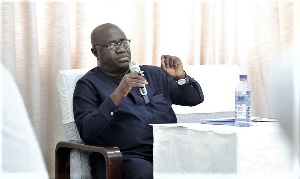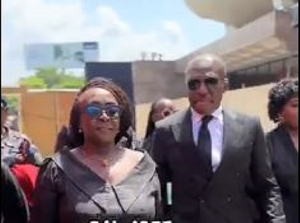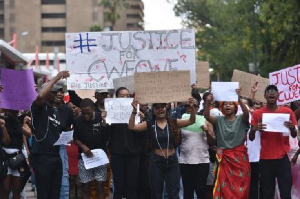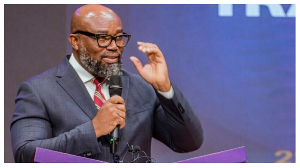Director of the Faculty of Academic Affairs and Research at the Kofi Annan International Peacekeeping Centre, Professor Kwesi Aning, has asserted that the decades-old conflict in Bawku speaks to the failures that have characterised the nation’s security governance.
Security measures in Bawku have been intensified ahead of Ghana’s pivotal December 7 general elections, with travellers undergoing rigorous checks before being escorted into the area. This heightened security is in response to Bawku being identified as a potential hotspot for electoral violence.
In a submission on EIB Network’s Election Countdown ahead of the general election, the security consultant said those shortcomings had created a situation where security strategies adopted to address the conflict have not worked.
“Bawku epitomises some of the failures we’ve had in our security governance. We tend to use curfew as a solution to the structural and other root causes of the conflict. When there is a semblance of peace, we tend to forget that there are root causes that drive people to behave in a particular way.
“Immediately it rears its head, we don’t say, ‘Well, how come we haven’t solved this problem?’. We say, ‘Well, let’s use the curfew,’ so the legislative processes are begun, passed, and a curfew is imposed. So we have failed the citizens of that town,” Professor Aning said on the show.
Professor Aning questioned what had been done differently to address the mistrust and deep-rooted acrimony endemic among the people.
He warned that the election officials dispatched to Bawku on Election Day could be in danger in an area where “potential misunderstanding” could easily unravel.
General News of Saturday, 7 December 2024
Source: starrfm.com.gh













